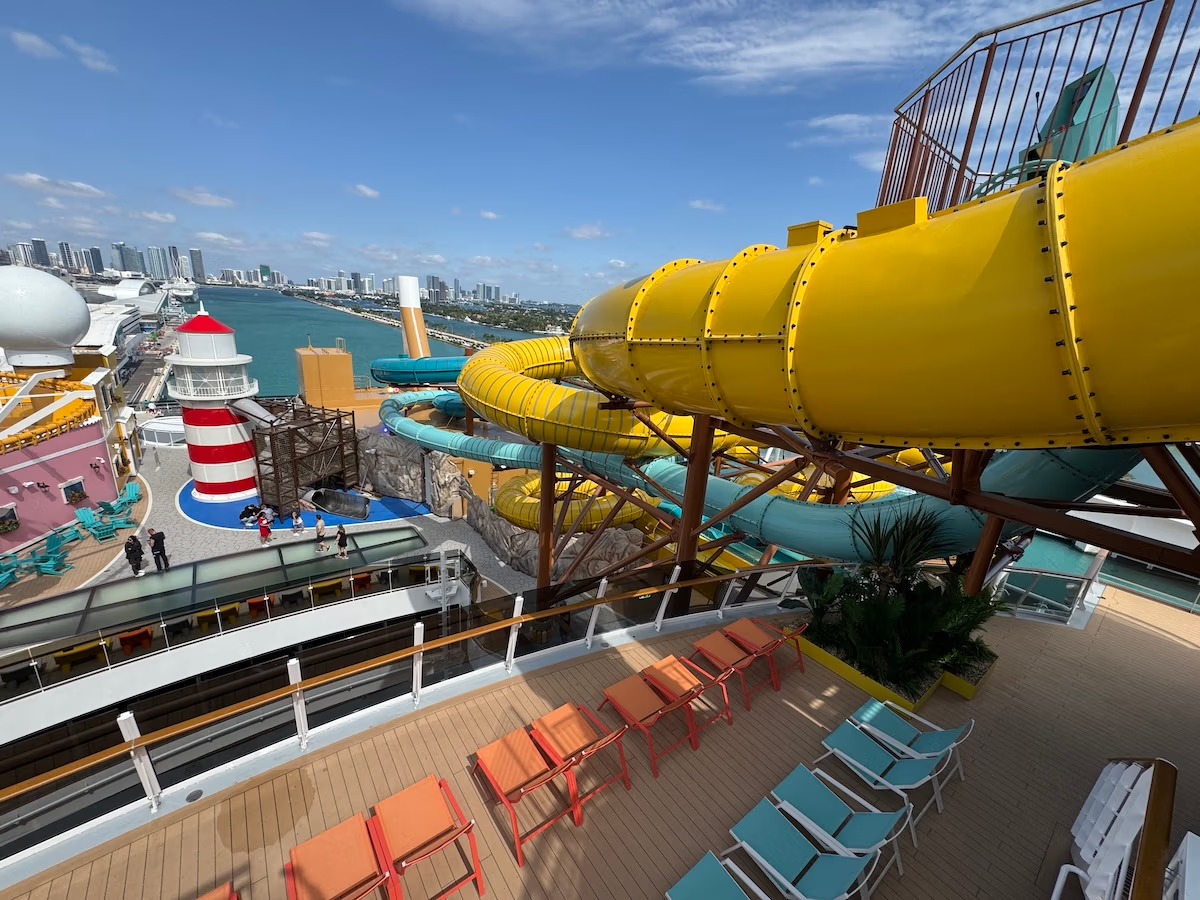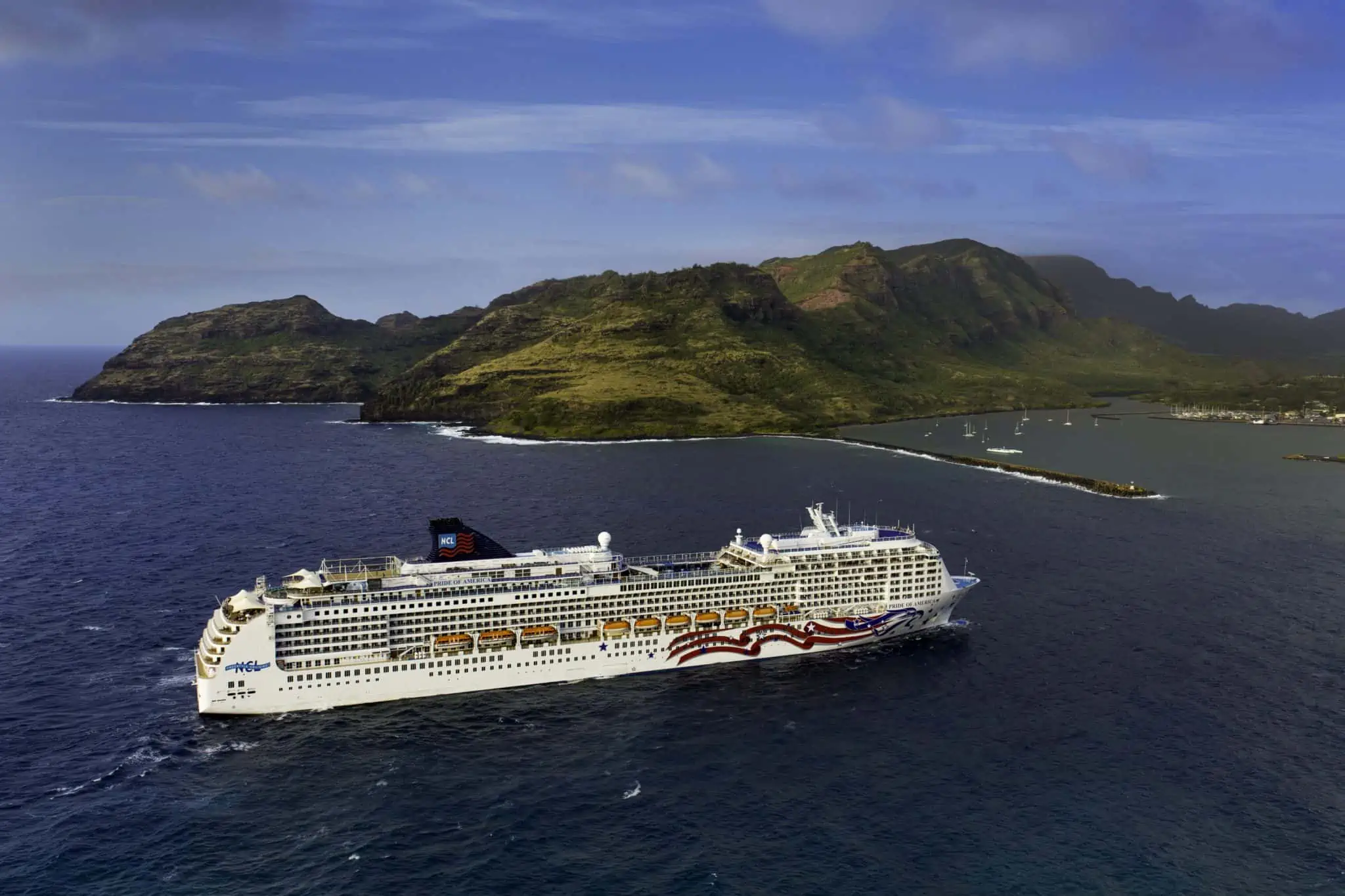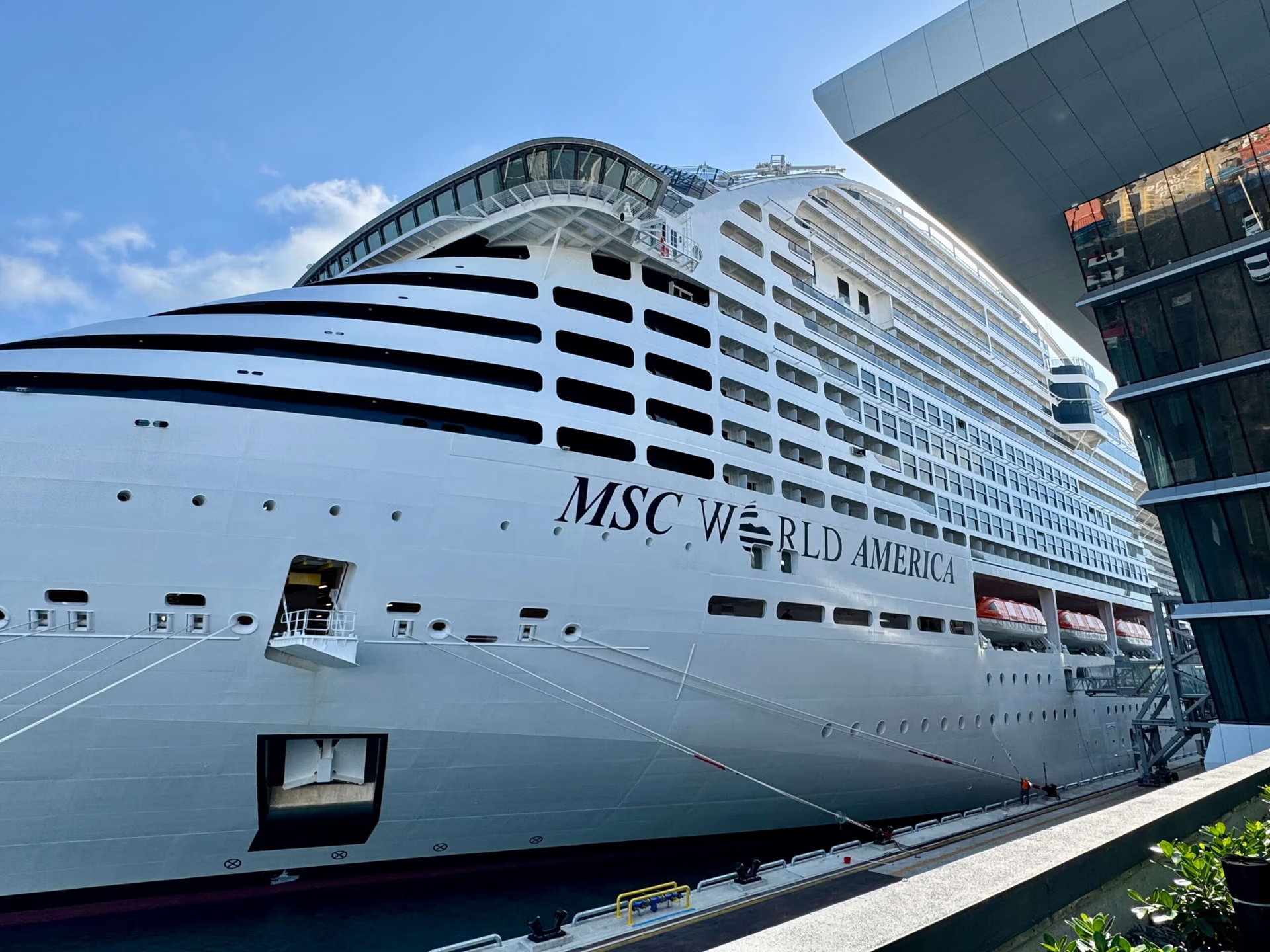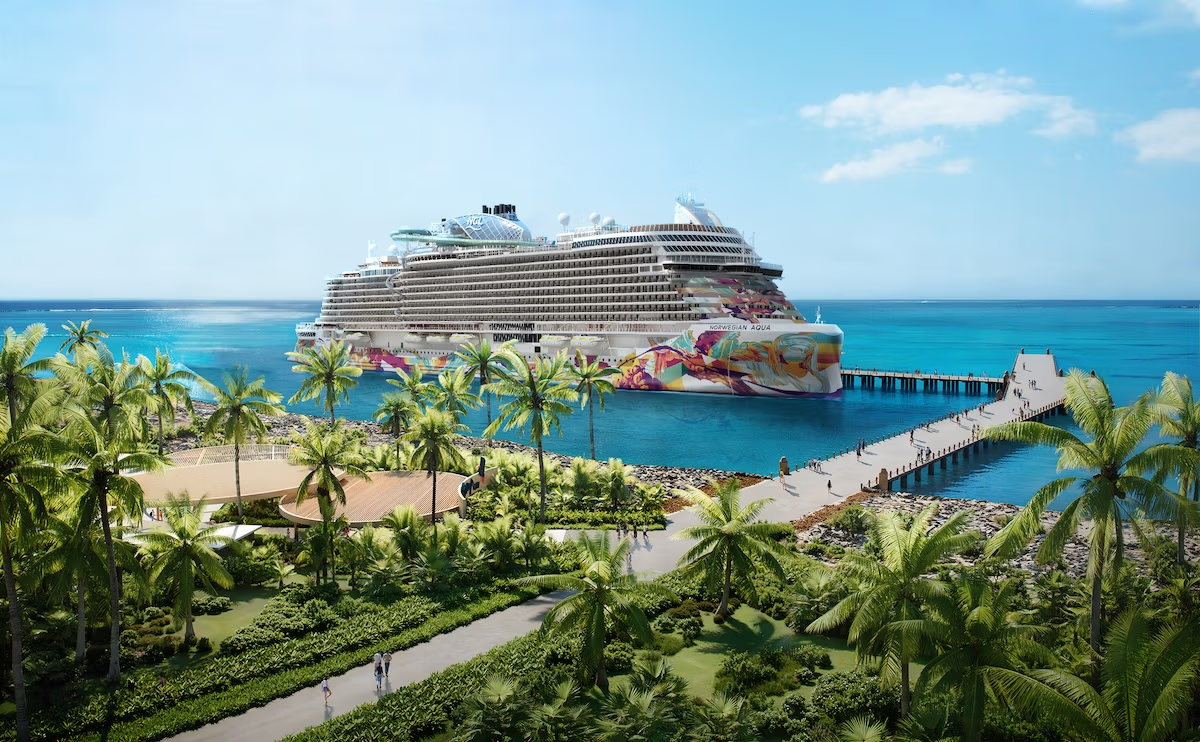Cruise Lines International Association Alaska (CLIA Alaska) and Juneau city officials are at an impasse.
After the Alaskan city outlined how to spend around $21.5 million in passenger fees, CLIA Alaska protested that its projects do not meet legal and previously agreed-upon criteria.

Like most ports, cruise ship passengers pay fees when they stop at Juneau, whether or not they get off the vessel.
Marine passenger fees (MPF) in Juneau cost each passenger $15 and will collectively generate around $21.5 million for the city this year.
The funds are expected to be used to improve the infrastructure and facilities for visiting cruise ships and the experiences of their guests. The tax can also be spent on mitigating the detrimental effects of the cruising industry in the area.
A letter from CLIA Alaska dated April 3 claimed that specific proposed projects fall outside these guidelines. It specifically pointed to 9 initiatives, including adding public Wi-Fi in downtown areas, enhanced bus service to Mendenhall Valley, and lighting for Overstreet Park and Canoe Statue.

The organization cited specific laws and a 2019 Settlement Agreement stipulating that the tax should be used on “infrastructure for cruise vessels, the support services for such vessels while in port, and infrastructure and services that further the marine enterprise/operation of such vessels.”
| “We contend the projects below do not meet the necessary criteria set forth by either the law or the Settlement Agreement and therefore do not support the following expenditures,” wrote CLIA’s Vice President of Government and Community Relations Renée Limoge Reeve. |
Interestingly, the 2019 agreement materialized after a 3-year legal battle on how Juneau should spend taxes from cruise ship passengers.
Instead of CLIA Alaska objecting to Juneau’s plans, the agreement established that CLIA Alaska and Juneau would work together and discuss their plans without engaging the courts.
Juneau’s response: You’re too Late

Juneau Tourism Manager Alexandra Pierce stated that the letter arrived too late. She asserted that there were no objections from CLIA during their meeting and that the city had already proceeded with the belief that its proposed projects were approved.
| “CLIA’s aware of that timeline,” Pierce told KTOO. “And we had a meeting where we discussed the budget. And then, very late in the process, they came forward with this letter that does not follow the timeline of our process.” |
The Assembly will decide on the city’s budget in the next few months. City Manager Katie Koester said that CLIA Alaska might file another lawsuit if they move forward with the contentious projects. It could also influence future negotiations on other matters like the imposition of daily passenger limits.







